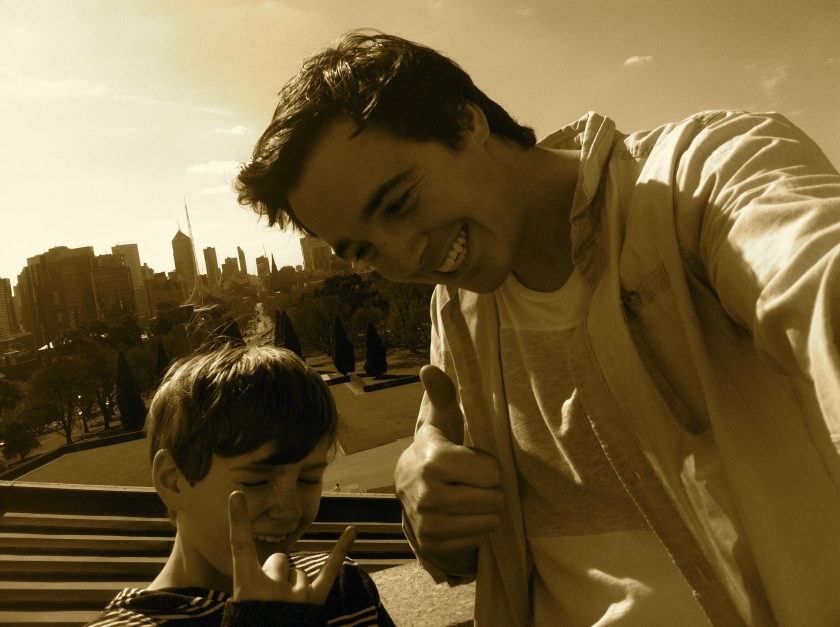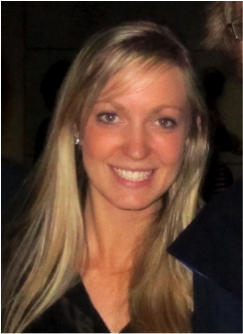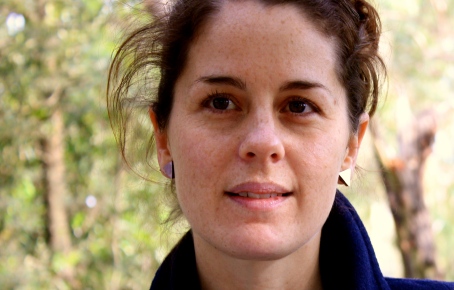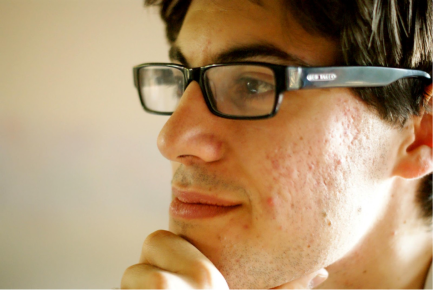We have an exciting announcement to make. Our very first guest interviewee Benjamin Pons (@bdpons), brings gifts just in time for our end of year exams. Ben is about to graduate from Notre Dame University Sydney (Australia) this year. We have such pleasure sharing with you his awesome set of flashcards that you can subscribe to, download and use FOR FREE!
Ben has been creating and sharing his flashcards with mates since his first year in medicine, and to date he has developed over 11,000 cards. He is now generously opening up access to the cards with the wider medical FOAMedstudent community. What a guy!
Here we talk to Ben about how his cards came to be, why he chose the medium he did to build and share them, and why he thinks other students might benefit from sharing their study notes too.

Ben Pons and his little brother
Ben how did your cards come to be?
The cards originated out of wanting to be “exam-ready” and “ward-round-ready”. I would go through my university’s learning objectives and try to formulate questions around them. I would also make notes of what questions I would be asked whilst at hospital and in previous exams and add them to the collection.
How do flashcards help you and your mates?
Things can get pretty hectic during med school and I never have time to mull over long winded explanations in text-books, sometimes, all I need is a refresher… a quick review of basic concepts, principles and inter-relationships regarding certain diseases and treatments. This refresher helps to get my brain in to gear and I also tend to recover some lost cerebral data in the process. Currently, I have 91 students that have signed up to use my cards. Olly Mills, a friend of mine in the year below was particularly influential in promoting the cards to the rest of his cohort and has passed on some great feedback that kept me motivated to make more.
What is the benefit of using flashcards over other types of notes?
I always like to quote that my study regimen is tailored to my short attention span… Basically, if I can’t fit what I need to know on a flash card, I’m going to have a hard time remembering it. Trying to distill complex concepts in to their simplest form is what I aim to achieve with my cards. I believe if you can explain concepts simply then it’s a good indication you understand the subject.
Flash cards also allow you to more accurately gauge how much you know about a certain subject because the answers are hidden from view and they avoid the temptation to simply skim-read without engaging in the material.
You’ve shared your cards with fellow students since you began making them, and now you’re going public – why?
I believe other students can benefit from them. I am also a big fan of free open access medical education i.e. “FOAM” and would like to encourage other students to collaborate and develop their own educational resources to share with their friends and the online medical student community. My appreciation for FOAM originated from my love of free online medical resources, in particular, podcasts such as “EM-Crit” and the well known online FOAM juggernaut “Life in the Fast Lane”. The concept of making peer-developed medical educational resources freely available makes sense to me. The more we can learn from each other, the better off we will all be. There’s a lot of time that went in to developing my cards and they’ve helped me a lot. If other students can benefit from them, I would like to see them continue to be used for many years to come.
How did you decide on what platform to use to create and share your cards?
Quizlet is a great program which allows you to study anywhere, anytime, online or through the Quizlet mobile app. This means I have access to my flashcards wherever I go. There’s also some pretty cool options which allow me to save them as pdf documents or go for the more traditional print off alternative.
As you head out into the working world, is there any final words of wisdom for medical students as you leave us all behind?
I’ve had some great experiences throughout my time in medical school. Coming to the end of the road, I know there are tough times and you have to work hard, but it’s important to balance the serious stuff with some of the more enjoyable things in life. Best piece of advice I can offer is that you should make time for the things you love and have some fun along the way. Hopefully my cards can help in freeing up some extra “fun time” for you.
To access your own free copy of Ben’s extensively peer-reviewed “clinical years” flashcards, click on this link. You will be prompted to set up your own user account (if you don’t already have one), through a painless and quick process. You will then be provided access to the cards. We hope they offer you some relief as we many of you gear up for your end of semester exams.
Keep your eye out in the future for Ben’s pre-clinical cards, which are currently undergoing revision.
This post is open for review. Please contact us if you’d like to officially review this post, and Ben’s Flashcards.
We at FOAMedstudent have no affiliation with Quizlet, or any other company plugged by our site. It’s just one of the many brilliant platforms that make life easier for students around the world.
















